Quotes by George Orwell
English essayist, novelist, & satirist (1903 - 1950)
Big Brother is watching you.
CP All animals are equal but some animals are more equal than others.
Who controls the past controls the future. Who controls the present controls the past.
In the end the party would announce that 2 plus 2 made 5, and you would have to believe it. It was inevitable that they should make that claim, sooner or later, the logic of their position demanded it. George Orwell, in 1984
CP The quickest way of ending a war is to lose it.
Liberal: a power worshipper without power.
Advertising is the rattling of a stick inside a swill bucket.
On the whole human beings want to be good, but not too good and not quite all the time.
At age 50, every man has the face he deserves.
Saints should always be judged guilty until they are proved innocent.
Political language - and with variations this is true of all political parties, from Conservatives to Anarchists - is designed to make lies sound truthful and murder respectable, and to give an appearance of solidity to pure wind.
The great enemy of clear language is insincerity.
If liberty means anything at all, it means the right to tell people what they do not want to hear.
We sleep safe in our beds because rough men stand ready in the night to visit violence on those who would do us harm.
Power is not a means, it is an end. One does not establish a dictatorship in order to safeguard a revolution; one makes the revolution in order to establish the dictatorship. The object of persecution is persecution. The object of torture is torture. The object of power is power.
War is a way of shattering to pieces, or pouring into the stratosphere, or sinking in the depths of the sea, materials which might otherwise be used to make the masses too comfortable, and hence, in the long run, too intelligent.
Every generation imagines itself to be more intelligent than the one that went before it, and wiser than the one that comes after it.
To live is the rarest thing in the world. Most people exist, that is all.
To see what is in front of one's nose needs a constant struggle.
On the whole human beings want to be good, but not too good, and not quite all the time.
In times of universal deceit, telling the truth becomes a revolutionary act.
If you want to imagine the future, imagine a boot stamping on a human face forever.
It was a bright cold day in April, and the clocks were striking thirteen.
People sleep peaceably in their beds at night only because rough men stand ready to do violence on their behalf.
If people cannot write well, they cannot think well, and if they cannot think well, others will do their thinking for them.
In a time of universal deceit, telling the truth is a revolutionary act.
War is Peace Freedom is Slavery Ignorance is Strength
From the totalitarian point of view, history is something to be created rather than learned.
Freedom is the right to say two plus two make four. If granted, all else follows.
Being in a minority, even a minority of one, did not make you mad.
Perhaps one did not want to be loved so much as to be understood.
In general, the greater the understanding, the greater the delusion: the more intelligent, the less sane.
One does not establish a dictatorship in order to safeguard a revolution; one makes the revolution in order to establish a dictatorship.
The object of persecution is persecution. The object of torture is torture. The object of power is power.
What you say or do doesn't matter: only feelings matter.
They can make you say anything - ANYTHING - but they can't make you believe it.
Orthodoxy means not thinking - not needing to think. Orthodoxy is unconsciousness.
The war is not meant to be won, it is meant to be continuous. Hierarchical society is only possible on the basis of poverty and ignorance. This new version is the past and no different past can ever have existed. In principle the war effort is always planned to keep society on the brink of starvation. The war is waged by the ruling group against its own subjects and its object is not the victory over either Eurasia or East Asia, but to keep the very structure of society intact.
No doubt alcohol, tobacco, and so forth, are things that a saint must avoid, but sainthood is a thing that human beings must avoid.
Orthodoxy means not thinking--not needing to think. Orthodoxy is unconsciousness.
He who controls the past controls the future.
If liberty means anything at all it means the right to tell people what they do not want to hear.
Words falls upon the facts like soft snow, blurring the outline and covering up all the details.
In certain kinds of writing, particularly in art criticism and literary criticism, it is normal to come across long passages which are almost completely lacking in meaning.
A scrupulous writer, in every sentence that he writes, will ask himself at least four questions, thus: 1. What am I trying to say? 2. What words will express it? 3. What image or idiom will make it clearer? 4. Is this image fresh enough to have an effect?
The great enemy of clear language is insincerity. When there is a gap between one's real and one's declared aims, one turns as it were instinctively to long words and exhausted idioms, like a cuttlefish spurting out ink.
Political language -- and with variations this is true of all political parties, from Conservatives to Anarchists -- is designed to make lies sound truthful and murder respectable, and to give an appearance of solidity to pure wind.
The future is a boot smashing a human face forever.
When man turns tyrant it is his own freedom he destroys.
By lack of understanding they remained insane.
Who controls the past controls the future: who controls the present controls the past.
Certain backward areas have advanced, and various devices always in some way connected with warfare and police espionage have developed, but experiment and invention have largely stopped.
Sanity is not statistical.
..nor did he pause to reflect that hereditary aristocracies have always been short lived where as adoptive organizations such as the Catholic Church sometimes lasted for hundreds or thousands of years.
If both the past and the external world exist only in the mind, and if the mind itself is controllable – what then?
An autobiography is only to be trusted when it reveals something disgraceful. A man who gives a good account of himself is probably lying, since any life when viewed from the inside is simply a series of defeats.
Political language. . . is designed to make lies sound truthful and murder respectable, and to give an appearance of solidity to pure wind.
But by the fourth decade of the twentieth century all the main currents of political thought were authoritarian. The earthly paradise had been discredited at exactly the moment when it became realizable. Every new political theory, by whatever name it called itself, led back to hierarchy and regimentation. And in the general hardening of outlook that set in round about 1930, practices which had been long abandoned, in some cases for hundreds of years — imprisonment without trial, the use of war prisoners as slaves, public executions, torture to extract confessions, the use of hostages, and the deportation of whole populations — not only became common again, but were tolerated and even defended by people who considered themselves enlightened and progressive.
George Orwell 1984
“…in the past no government had the power to keep its citizens under constant surveillance. The invention of print, however, made it easier to manipulate public opinion, and the film and the radio carried the process further. With the development of television, and the technical advance which made it possible to receive and transmit simultaneously on the same instrument, private life came to an end. Every citizen, or at least every citizen important enough to be worth watching, could be kept for twenty-four hours a day under the eyes of the police and in the sound of official propaganda, with all other channels of communication closed. The possibility of enforcing not only complete obedience to the will of the State, but complete uniformity of opinion on all subjects, now existed for the first time.” 1984
In a world in which everyone worked short hours. Had enough to eat. Lived in a house with a bathroom and a refrigerator. And possessed a motor-car or even an aeroplane.
The most obvious and perhaps the most important form of inequality would already have disappeared. If it once became general, wealth would confer no distinction. It was possible, no doubt, to imagine a society in which wealth, in the sense of personal possessions and luxuries, should be evenly distributed, while power remained in the hands of a small privileged caste. But in practice such a society could not long remain stable. For if leisure and security were enjoyed by all alike, the great mass of human beings who are normally stupefied by poverty would become literate and would learn to think for themselves. And when once they had done this, they would sooner or later realize that the privileged minority had no function, and they would sweep it away.
In the long run, a hierarchical society was only possible on a basis of poverty and ignorance. George Orwell 1984
"Now I will tell you the answer to my question. It is this.
The Party seeks power entirely for its own sake.
We are not interested in the good of others; we are interested solely in power.
Not wealth or luxury or long life or happiness: only power, pure power.
What pure power means you will understand presently.
We are different from all the oligarchies of the past, in that we know what we are doing.
All the others, even those who resembled ourselves, were cowards and hypocrites.
The German Nazis and the Russian Communists came very close to us in their methods, but they never had the courage to recognize their own motives.
They pretended, perhaps they even believed, that they had seized power unwillingly and for a limited time, and that just round the corner there lay a paradise where human beings would be free and equal.
We are not like that.
We know that no one ever seizes power with the intention of relinquishing it.
Power is not a means, it is an end.
One does not establish a dictatorship in order to safeguard a revolution; one makes the revolution in order to establish the dictatorship.
The object of persecution is persecution.
The object of torture is torture.
The object of power is power.
Now do you begin to understand me?"
George Orwell 1984
Subscribe to:
Post Comments (Atom)




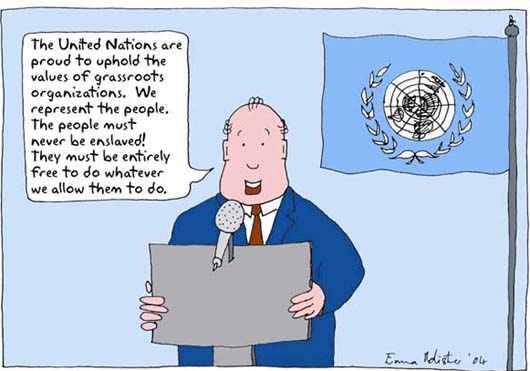
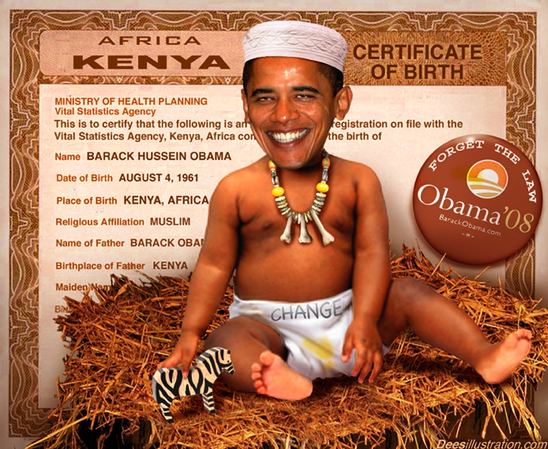
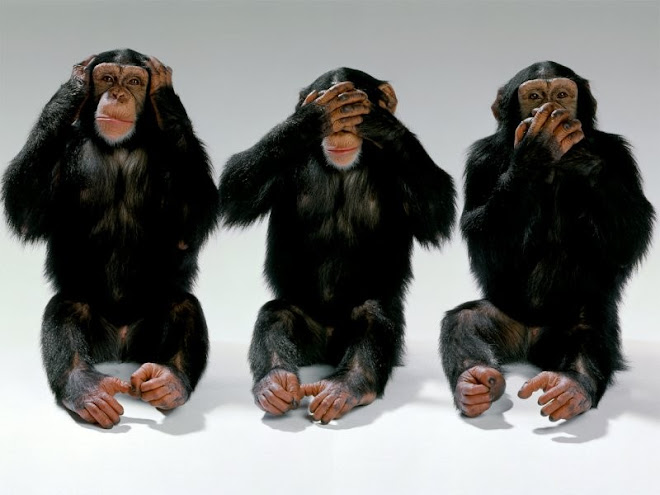


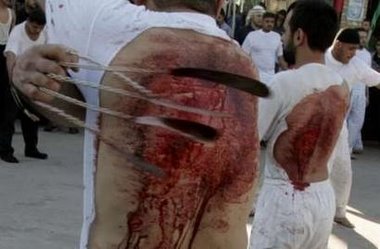



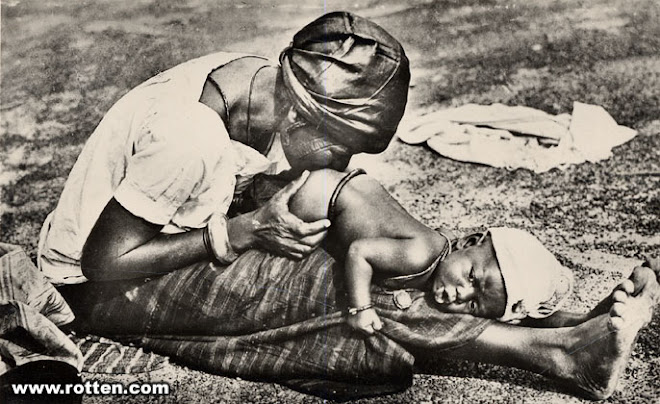

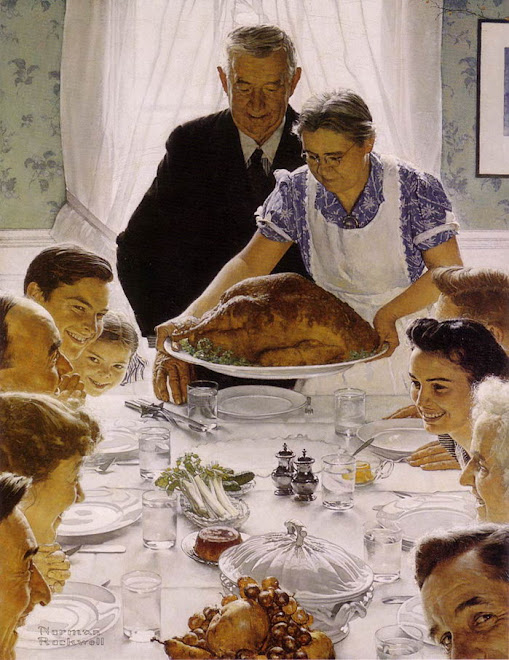

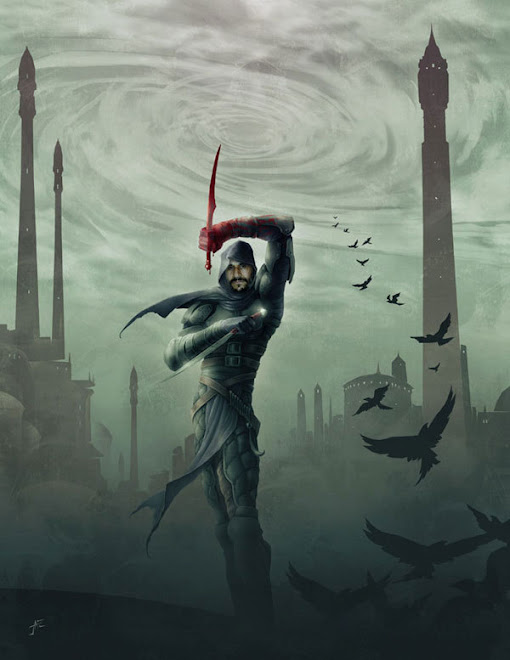


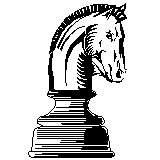

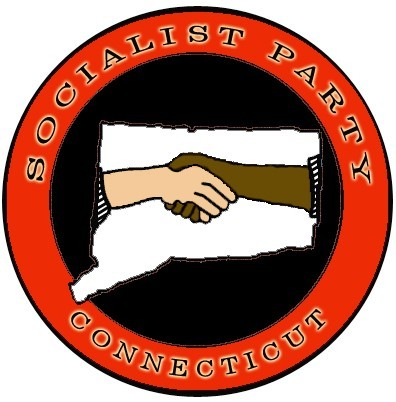


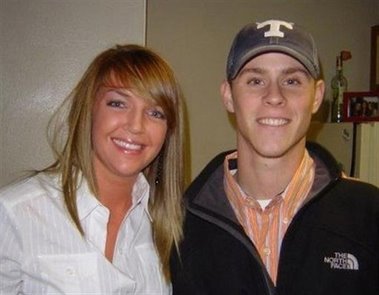



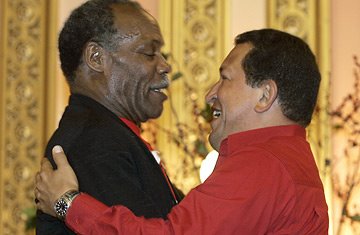

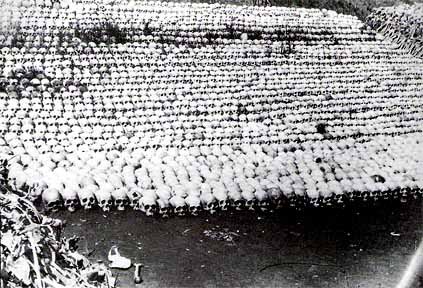
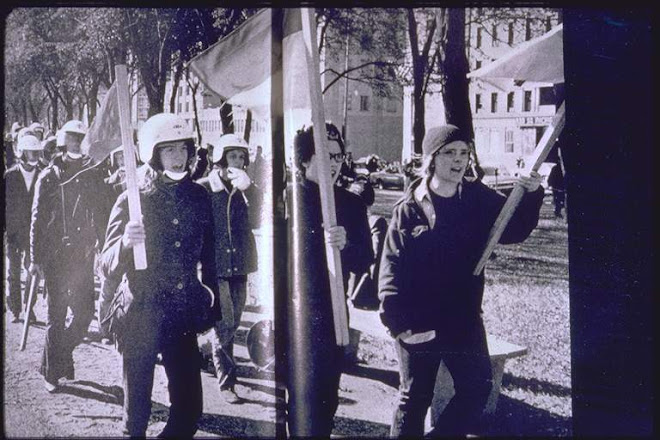
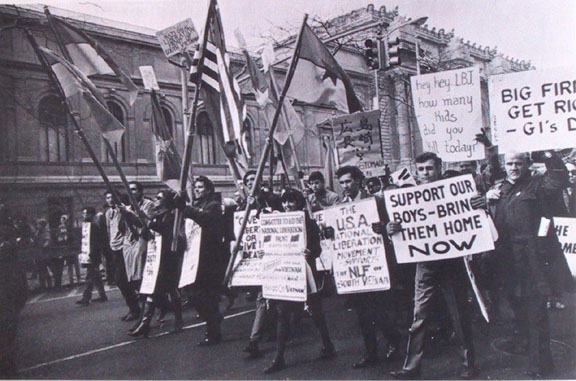
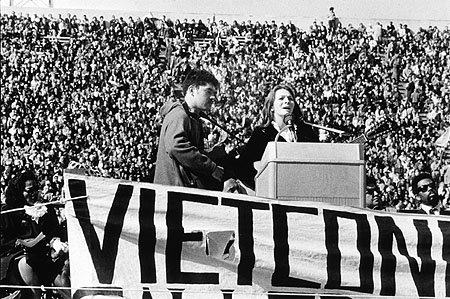
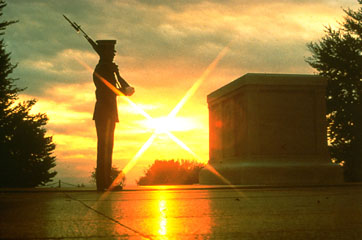

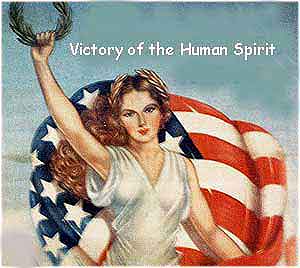
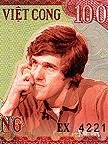
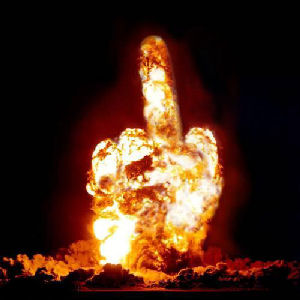
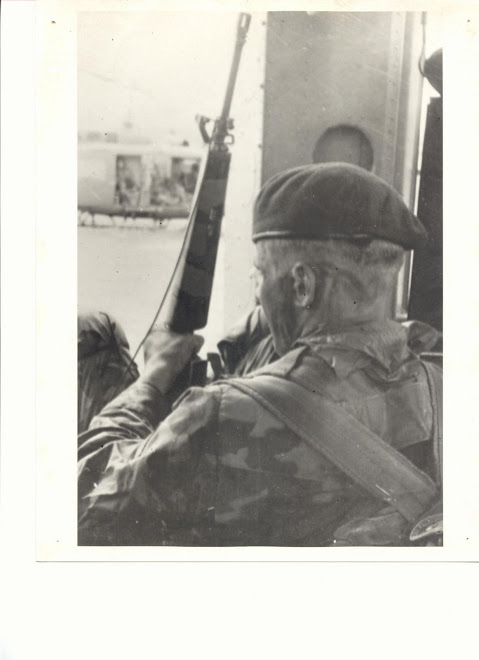
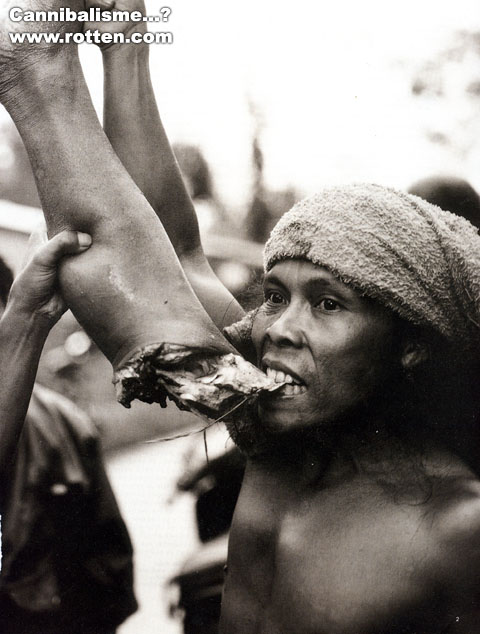


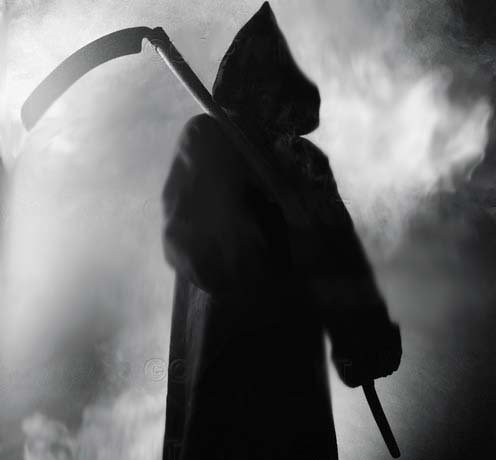

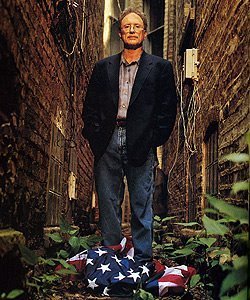
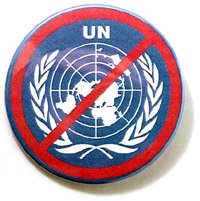



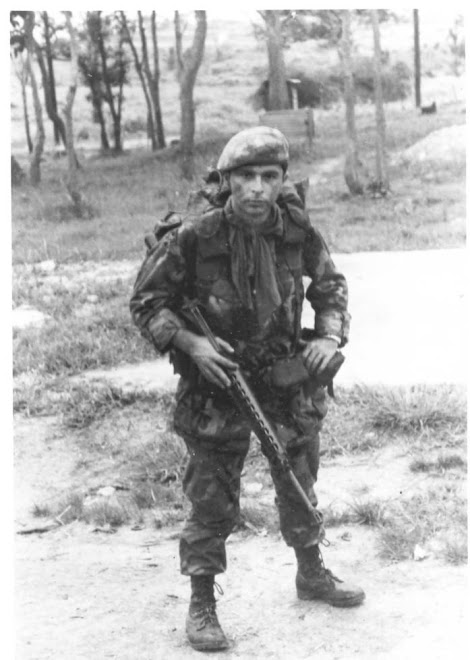
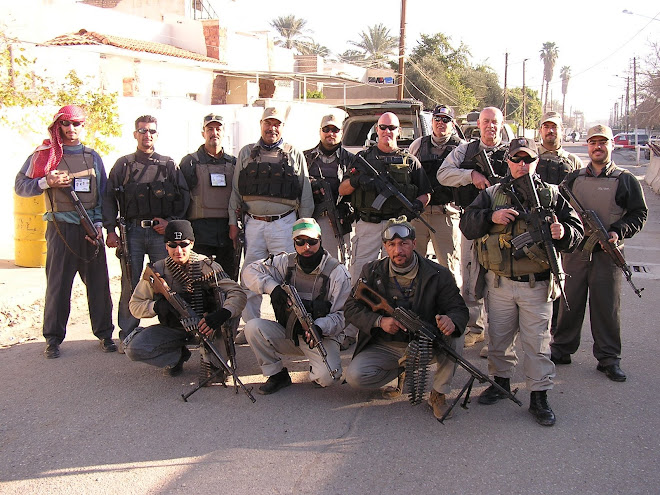
No comments:
Post a Comment